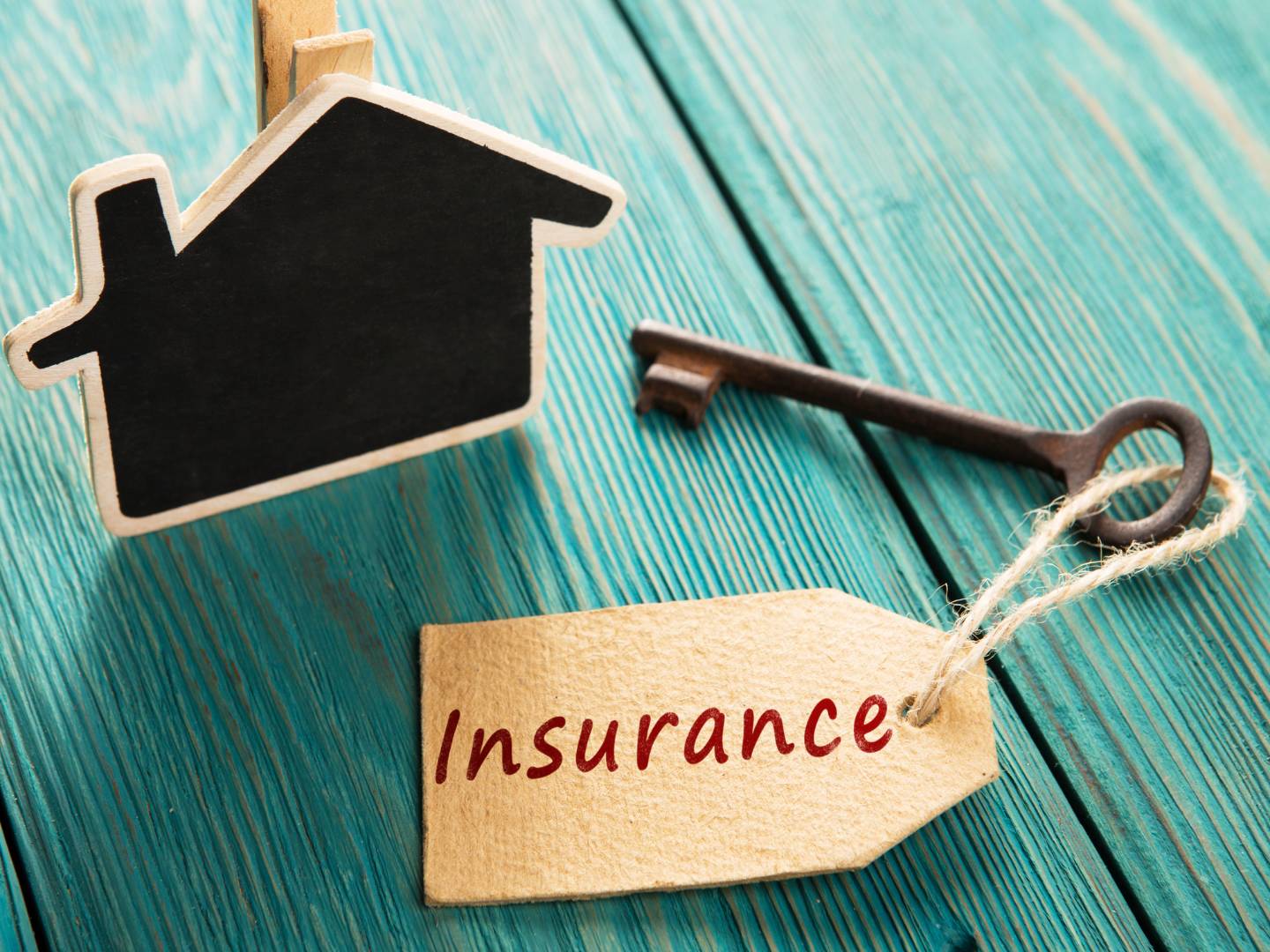Landlord liability for repairs in rentals: Obligations
Jale
Updated on Feb 06 • 3 minute readAs a landlord, you're responsible for ensuring that your rental property is safe and habitable for your tenants. But, sometimes, landlords are uncertain about their obligations and liabilities regarding repairs to their rentals. Find out what a landlord’s responsibilities are towards repairs in a rental house.
Landlord's responsibility to repair

Under the Landlord and Tenant Act 1985, landlords are legally obligated to keep their rentals in good shape. This legislation is non-excludable, and applies to all short-term rentals in the UK (leases shorter than 7 years).
“Landlords are responsible for most of the major repairs unless the damage is due to tenant negligence.
”
Understanding Section 11 under the Landlord and Tenant Act 1985
Specifically, Section 11 under the Landlord and Tenant Act states that as a landlord, you're accountable for the following repairs throughout the entire tenancy:
- Property structure and exterior, such as roof, gutters, windows, and doors
- Plumbing and sanitary fixtures, such as toilets, sinks, and showers
- Gas appliances, with annual maintenance by a Gas Safe engineer
- Heating and hot water, including boiler and radiator.
- Ventilation, to avoid dampness or mould
- Safety checks of smoke detectors, fire alarms, and carbon monoxide detectors
- Electrical installations
- Pest control
- Common areas, if living in an apartment or complex
Repairing any appliance or fixture that makes use of water, gas, or electricity is not the landlord’s responsibility (i.e., dishwasher and washing machine ), unless the tenancy agreement clearly mentions it.
Including repair responsibilities in the rental contract

As a landlord, you should create a tenancy agreement mentioning all your responsibilities for repairs according to Section 11 of the Landlord and Tenant Act 1985. But even if you don't, the Landlord and Tenant Act overrules the tenancy agreement. So, you're still legally responsible for carrying out any major repairs.
How long does a landlord have to fix something in the UK?
The tenant is responsible for giving you a written notice when something breaks. If the tenant doesn't notify you, then you aren't accountable. Once your tenant lets you know, depending on the nature of the repair, you must fix the issue within a reasonable time frame. There isn't a specific time frame in the legislation to define a reasonable time frame.
But, if the damage puts the tenant's well-being and safety at risk, you must fix the problem within 2 weeks. For instance, you must address issues like a gas leak, a broken boiler during winter, and faults in the cables as soon as possible. Otherwise, your tenant has a right to report you to the local authorities or go to court. As a result, you can receive a civil penalty of up to £30,000 or even be banned from being a landlord.
Keep in mind that you can’t just enter the property without giving notice of entry to your tenant, even if it’s to repair something. The notice should be at least 24 hours.
When does the landlords insurance cover the repairs in the UK?
Landlord insurance typically covers the cost of repairs to the rental property in the event of unexpected damage caused by events such as fire, theft, vandalism, or natural disasters. But, it's important to carefully review the terms of your landlord insurance policy to understand exactly what is covered. Policies can vary.
Write-offs for property repairs and improvements in the UK
Fortunately, there’re some expenses that landlords can write-off to help offset the costs of repairing and improving their rental properties. One of the most common write-offs for landlords is repairs and maintenance expenses. This includes expenses such as fixing a broken window, replacing a damaged appliance, or repairing a leaky roof.
If the cost of a replacement item is higher than the original item, you can only claim the cost of the equivalent item as a deduction. The extra cost will be added to your taxable income.
To take advantage of these write-offs, it’s important for landlords to keep accurate records of all expenses (i.e., receipts) related to their rental properties.
If a tenant breaks something who pays in the UK?
Your tenant is responsible for caring for the apartment and maintaining its condition. Their responsibilities include keeping the dwelling clean, using all equipment and furniture in a responsible manner, airing the apartment to avoid mould, disposing of waste correctly to avoid blocked drains, and doing minor repairs (e.g., changing bulbs or removing carpet stains). Your tenant also has to report any damage even if they seem quite small.
Landlords also aren’t responsible for damage that happens unexpectedly due to events like fire and flood, especially when it’s a result of the tenant's action.
If your tenant refuses to do the repair work, you can deduct the costs from the deposit or even take it to court.
This article is for informational purposes only. Please consult the appropriate authorities for the latest developments or a lawyer for legal advice.
For feedback on this article or other suggestions, please email content@housinganywhere.com


